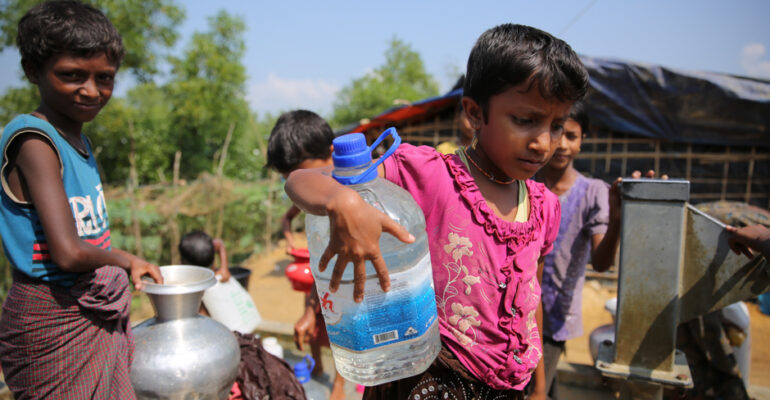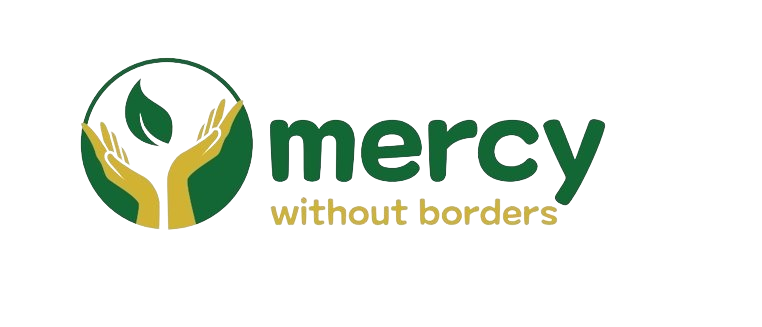$0
Water and Environmental Health Project

Health
The Rohingya refugee crisis is one of the most severe humanitarian emergencies, with over 1 million displaced people living in overcrowded camps in Cox’s Bazar, Bangladesh. The lack of access to clean water, sanitation, and hygiene (WASH) services, coupled with environmental degradation, poses severe health risks. This project aims to improve water security, sanitation, and environmental sustainability in Rohingya refugee settlements while ensuring long-term ecological balance.
Project Objectives
- Ensure Safe Drinking Water: Provide sustainable access to clean water through boreholes, water treatment, and distribution systems.
- Improve Sanitation & Hygiene: Construct and maintain latrines, bathing facilities, and handwashing stations to reduce disease outbreaks.
- Promote Waste Management: Implement solid and liquid waste management systems to prevent contamination of water sources.
- Reforestation & Soil Conservation: Restore degraded land by planting trees and stabilizing slopes to prevent landslides.
- Community Awareness & Capacity Building: Train refugees on hygiene practices, water conservation, and environmental protection.
Key Activities
1. Water Supply & Treatment
- Install and maintain deep tube wells, rainwater harvesting systems, and water purification units.
- Distribute water filters and jerry cans to households.
- Monitor water quality regularly to prevent waterborne diseases like cholera and diarrhea.
2. Sanitation & Hygiene Facilities
- Build gender-segregated and disability-friendly latrines to ensure dignity and safety.
- Set up handwashing stations near communal areas and schools.
- Conduct hygiene promotion campaigns on handwashing, menstrual hygiene, and waste disposal.
3. Waste Management
- Establish waste collection points and promote proper segregation of organic and inorganic waste.
- Introduce eco-friendly waste disposal methods, such as composting and recycling.
- Train local volunteers and waste collectors to manage refuse sustainably.
4. Environmental Rehabilitation
- Plant fast-growing, native trees to prevent soil erosion and landslides.
- Promote fuel-efficient stoves to reduce deforestation for firewood.
- Support community-led reforestation initiatives with refugee participation.
Expected Outcomes
✅ Reduced waterborne diseases due to improved WASH facilities. ✅ Cleaner and safer living conditions with proper waste disposal. ✅ Enhanced environmental resilience through reforestation and soil conservation. ✅ Empowered communities with knowledge on sustainable water and hygiene practices.Sustainability & Community Engagement
- Involve refugees in decision-making to ensure long-term ownership.
- Partner with local NGOs, UN agencies, and government bodies for coordinated efforts.
- Monitor and evaluate project impact through feedback mechanisms and data-driven assessments.
Conclusion
Access to clean water and a healthy environment is a fundamental right for all, including Rohingya refugees. By implementing this project, we can save lives, protect the ecosystem, and foster resilience in one of the world’s most vulnerable communities. Support this initiative today to bring hope and health to Rohingya refugees!-
Raised
-
Goal
$22,000
$0 Raised
$22,000 Goal
